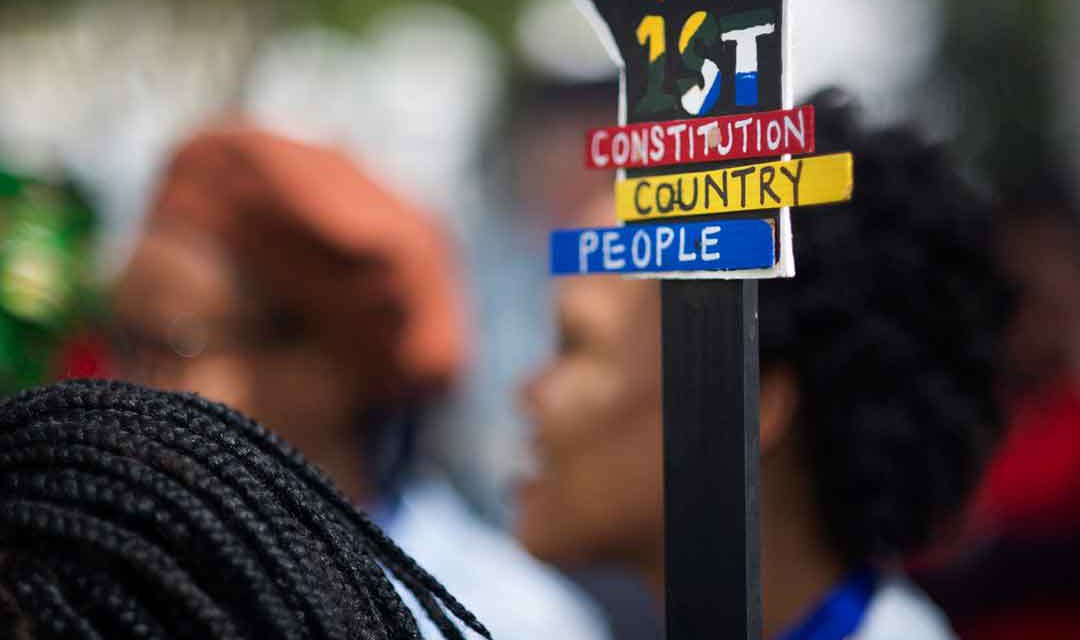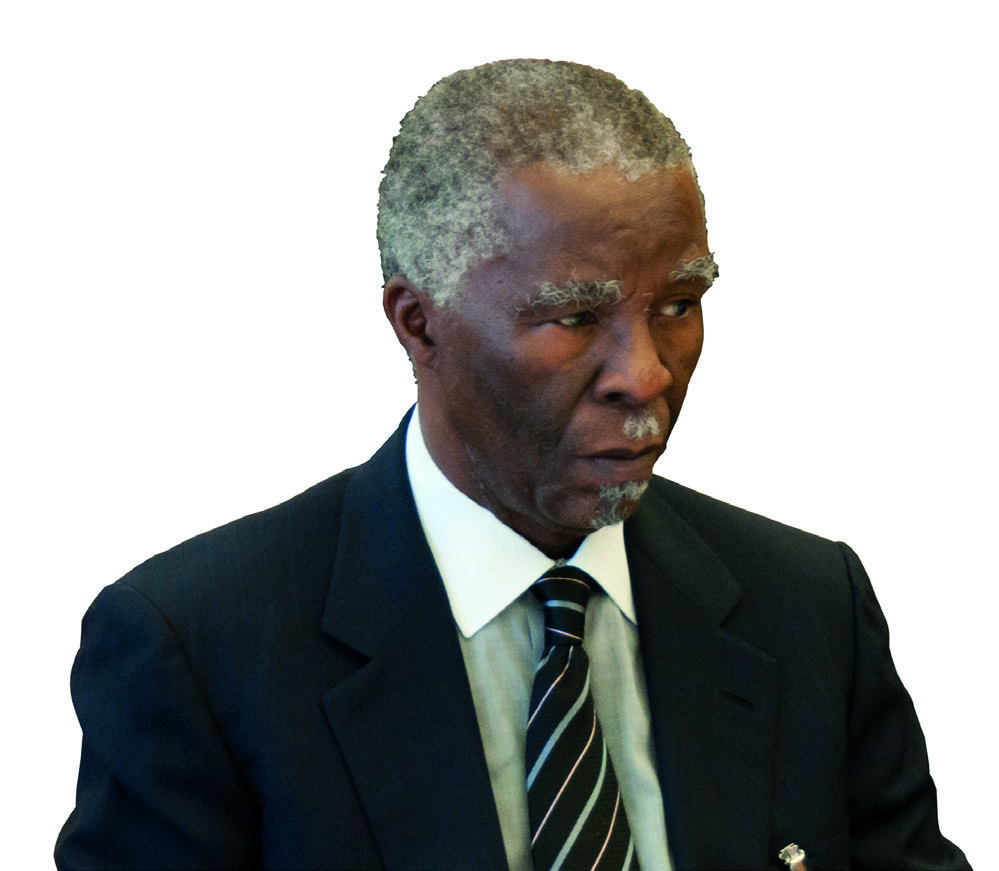The number of private universities operating in Africa is growing, and the sector is generating a groundswell of interest among investors. In 1960 there were seven private universities in Africa, according to a 2012 statement by Professor Olugbemiro Jegede, secretary-general of the Association of African Universities. By 1990 there were 27, and by 2006 about 22% of student enrolment on the continent was at private institutions, he said. The African Leadership University plans to build a network of 25 universities across Africa in the next 25 to 30 years that will educate 250,000 students at any one time, one of its founders, Fred Swaniker told the website howwemadeitinafrica.com last December. A campus opened in Mauritius last year, and others are to follow in Rwanda and Nigeria between 2017 and 2019. Another private university on the continent is Lancaster University in Ghana, a “branch campus” of the UK institution supported by Trans National Education (TNE), which runs a Dubai-based educational foundation.
Others include Asheshi University in Ghana, the British University in Egypt and the United States International University in Kenya, all established in the last decade. First: demographics. A 2014 report by the United Nations Children’s Fund (UNICEF) forecasts that 40% of people may be African by 2100. By 2050 the number of Africans under the age of 18 may swell to about 1 billion, the organisation says. African leaders would need to make the right investments in children to build a “skilled, dynamic African labour force”, lead author David Anthony told npr. com, a US public radio website, in August 2014. But student enrolment on the continent has grown faster than most governments have been able to finance, resulting in a decline in the availability and quality of education. The continent saw an average 6% increase in public investment in education between 1991 and 2006, according to a 2010 World Bank report on investment in higher education in Africa.
Student enrolment in tertiary institutions in Africa rose from 2.7 million to 9.3 million, an approximately 16% annual increase, during the same period, according to the report. Africa has fewer than 2,000 colleges and universities for a population of one billion people in 55 countries, while the US has more than 4,000 institutions for 320 million people, Professor Phillip L Clay, a former chancellor of the Massachusetts Institute of Technology, told the Guardian in early March this year. Fewer than 7% of Africans had college degrees as compared to 30% of North Americans and Europeans, he added, while more than half of Africa’s population was under the age of 30. Meanwhile, Africa has the fastest growing middle class in the world, according to the African Development Bank (ADB), which accords middle class status to anyone spending between $2 and $20 a day. About 327 million people, or 34% of Africa’s population, belong to this group, a doubling in less than 20 years.
By 2060, about 1.1 billion Africans, or 42% of the predicted population, will be middle-class, according to another 2011 ADB report. With more money available, parents and students are willing to devote a very high proportion of their income to education in Africa, argues Mr Swaniker in a November 2015 article for Proparco, a Paris-based development finance institution. A 2010 McKinsey report estimated that Africa’s private spending on education would grow by 4.9% between 2008 and 2020. Second, investing in private tertiary education in Africa is good business. Claudia Costin, a senior director at the World Bank, told the African Higher Education Summit in March 2015 that returns on investment in higher education are growing globally, but are highest in Africa, at 21%. “There is an opportunity across the entire value chain of education owing to the shortage of good educational institutions,” says Sid Wahi, a director of CMA Holdings, with TNE a founding shareholder of Lancaster University Ghana.
TNE, which also has a university in Dubai, is planning 10 universities in Africa, in addition to research and innovation centres, to offer degree courses in business, sciences, medicine, engineering and energy. Third, investment in higher education will help the continent to develop and retain sources of innovation and new ideas. “Africa is the leading continent in the fraction of its young people sent abroad for education,” says Professor Clay. “Sadly, many of the young have remained abroad and represent a ‘brain drain’ from Africa.” Currently, over 500,000 African students study overseas each year, a large percentage of them funded by government subsidies, says Mr Wahi, but many do not return to their home countries. Setting up institutions in Africa would help retain talent and also afford opportunities to build centres of excellence on the continent, he argues.
Fourth, investment in private higher education would align with a growing need for analytical skills. In Africa, the public educational sector does not supply the skills that employers want, according to Professor NV Varghese, director of the New Delhi-based Centre for Policy Research who has studied the growth of private universities in Africa. “The private sector in Africa offers courses which are a quid pro quo for students: they invest money and get a return immediately,” he told Times Higher Education In October last year. Private higher education could also provide graduates with opportunities to take advantage of the continent’s economic potential. The low number of graduates in the area of agriculture is striking, for instance. According to a 2011 study by the World Bank, only 2% of African students specialised in agriculture in 2010, though the sector contributed 13% to Africa’s GDP.
Finding high-level managerial candidates for agri-business is almost impossible in Africa, a senior manager at a large recruitment firm told Africa in Fact. The lack of graduates in extractive industries was also striking, given the important role they play in many African countries. Given the lack of publicly financed facilities to study in this field on the continent, private education could fill this void, leaving the government with duties of quality control and oversight. David Hornsby, Professor of International Relations at the University of the Witwatersrand, says African governments are facing pressure to increase their investment in higher education but they are cash-strapped. Private funding will be required if tertiary education around the continent is to be extended, he told Africa in Fact. Andreas Bloom, an education economist specialising in African education at the World Bank agrees.
Investment “is too low to provide currently attend, and too low to allow those who are currently excluded but qualified to pursue studies at the higher education level”, he wrote in a March 2015 article in the Mail & Guardian, an independent news outlet based in Johannesburg. But critics say that private institutions, particularly for-profit ones, offer courses that require limited infrastructural investment and are cheaper to deliver. They often rely on part-time academics from public institutions, according to Professor Jegede. And their profit-making motivation may affect the quality of the courses offered, as well as the degrees awarded. In 2013, for instance, 66 doctorates awarded by Kampala International University in the previous two years had not met required academic standards and were declared invalid by the Uganda National Council for Higher Education, according to a report published last year on the SciDev.Net website.
To be effective, private universities will need to be subjected to public regulation and monitoring, says Professor Hornsby. He points to Nigeria where “numerous institutions that operate a pay-to-play model do not adhere to any standard of quality”. If governments across the continent permit private universities to be established, they will need to commit to establishing a robust monitoring and evaluation framework to protect the integrity of the system, he says. Mr Wahi argues that private universities can play an important role in raising the continent’s educational profile if they are seen as complementary to public institutions, rather than as in competition with them. “Governments have limited resources,” he says. “By sharing responsibilities with the private sector, governments will be able to better use their own resources.”
RONAK GOPALDAS is a director at Signal Risk, an exclusively African risk advisory firm. He was previously the head of country risk at Rand Merchant Bank (RMB) for a number of years, where he managed a team who provided the firm with in-depth analysis of economic, political, security and operational dynamics across sub-Saharan Africa. He holds a BCom degree in philosophy, politics and economics (PPE) and a BCom (Hons) from the University of Cape Town (UCT). He also has an MSc in finance (economic policy) through the School of Oriental and African Studies (SOAS) in London.[













